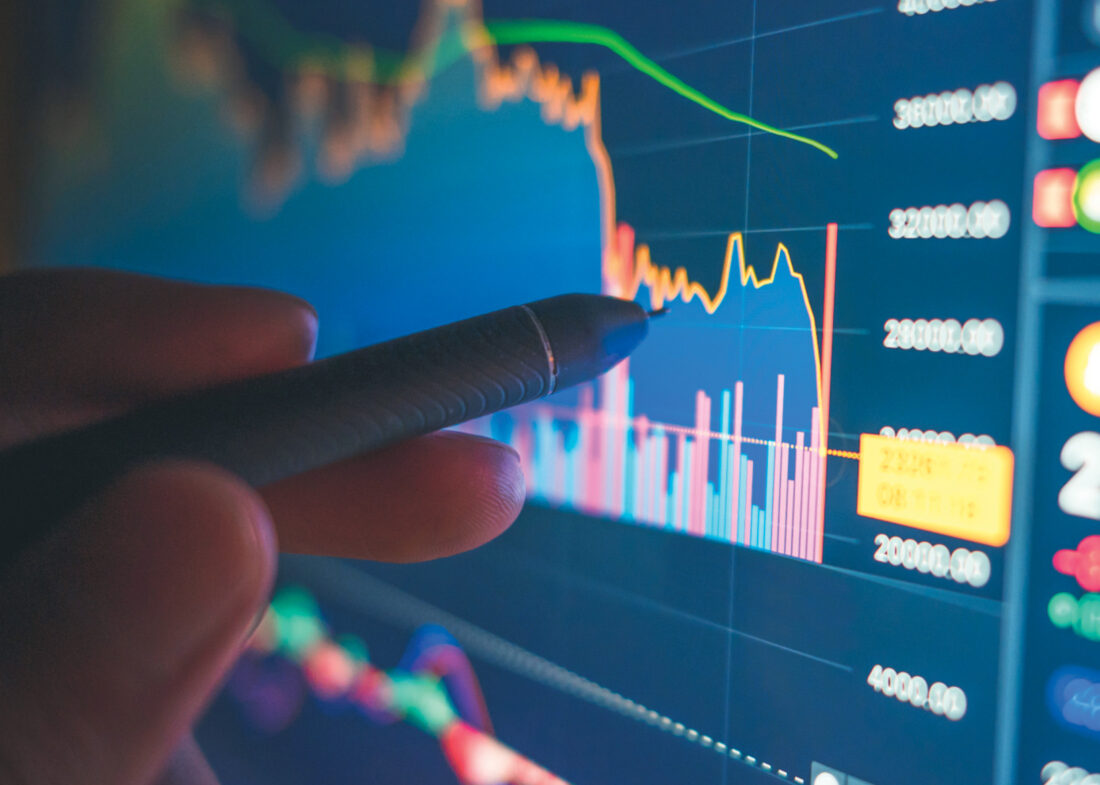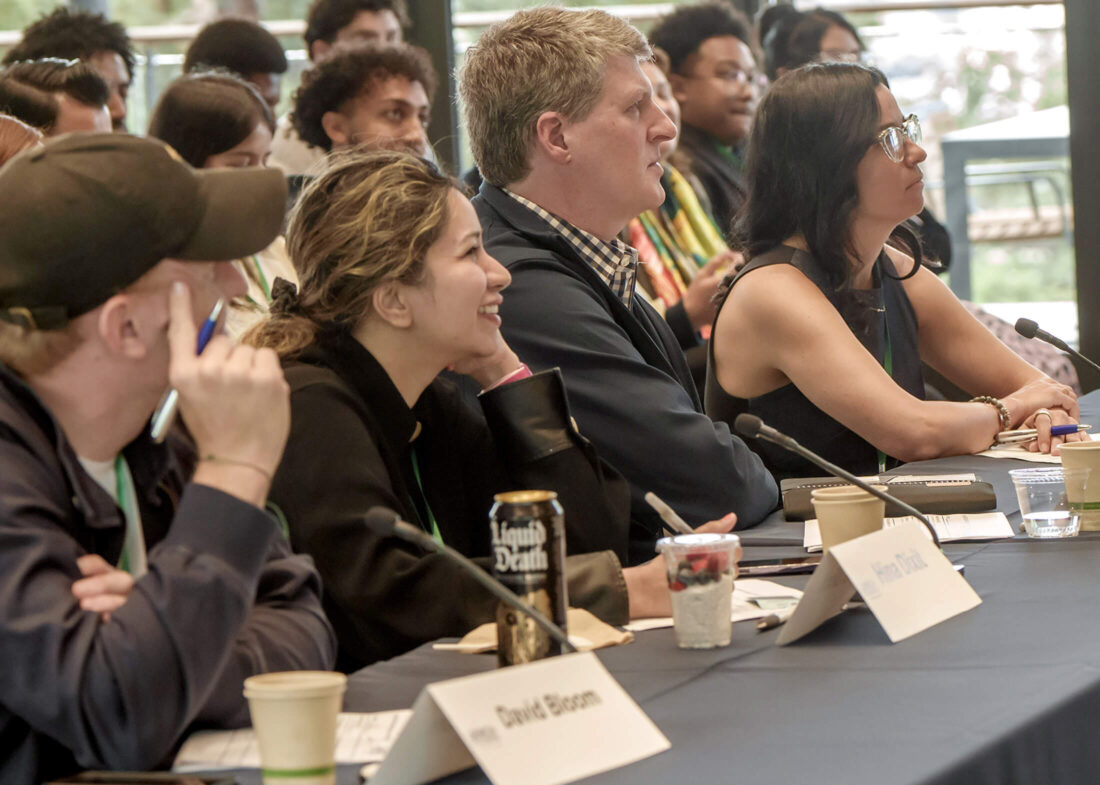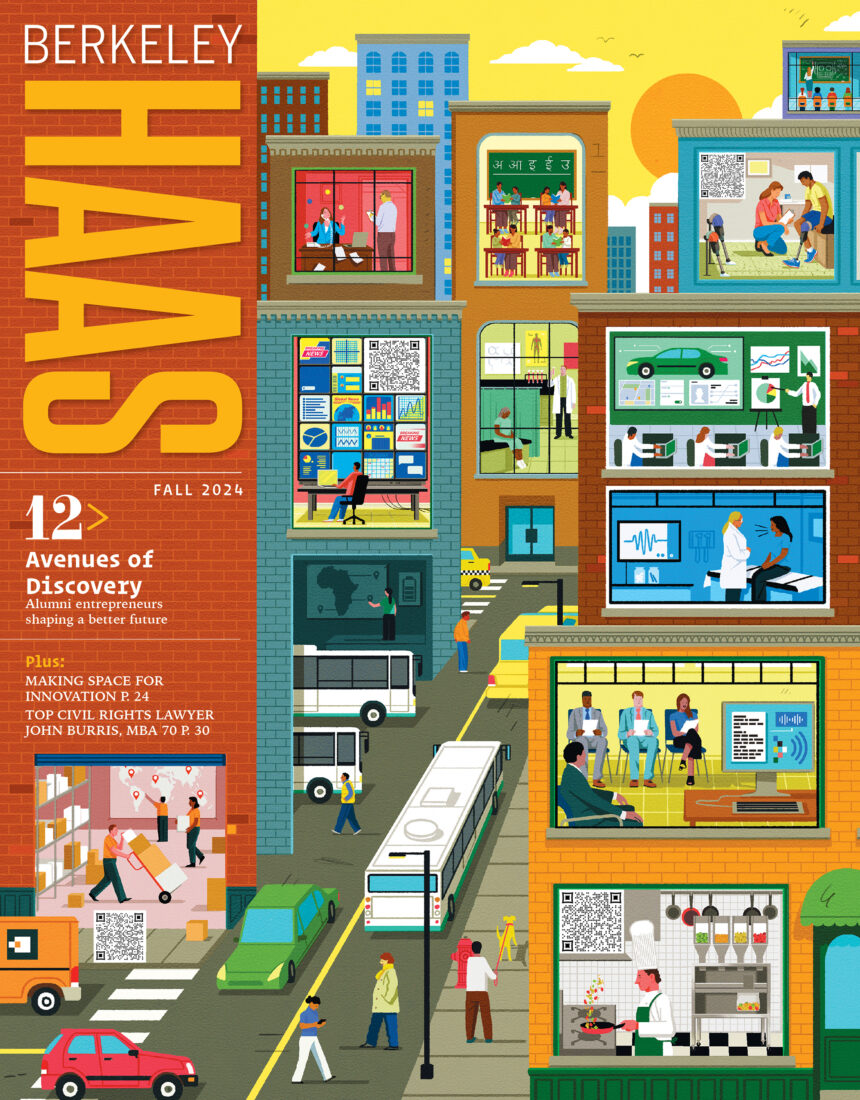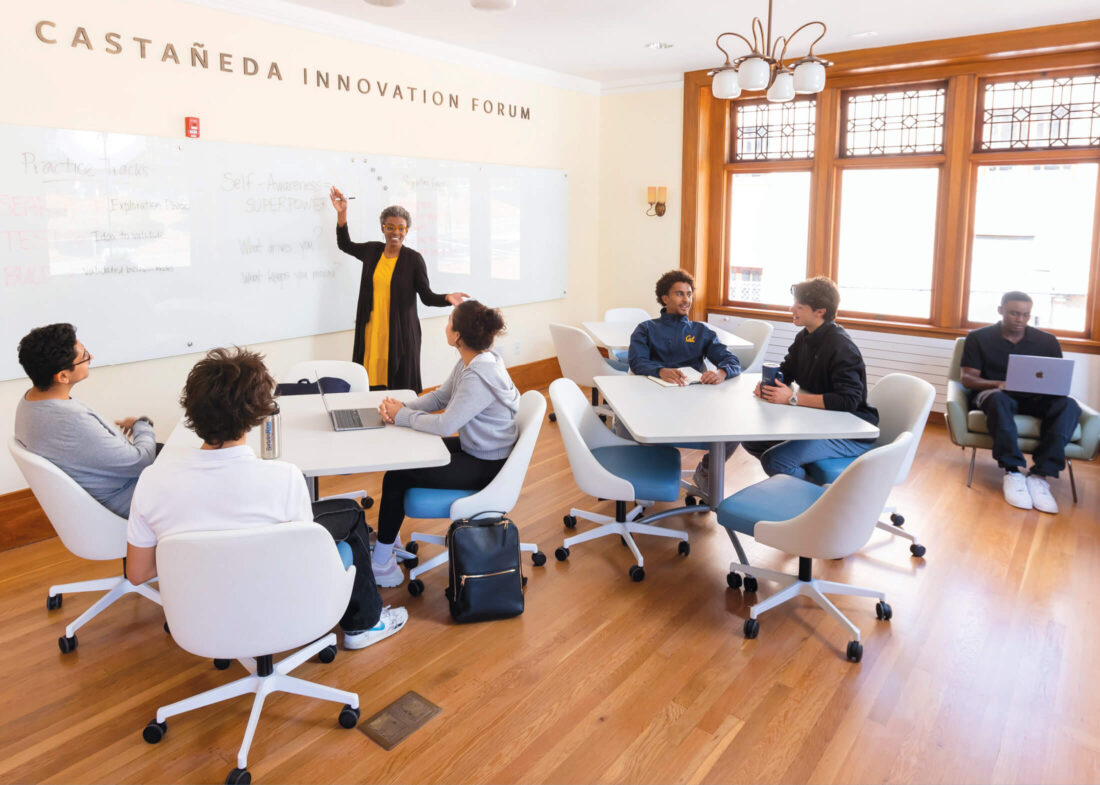Beyond Yourself, Entrepreneurship Edition

The stakes are high when senior economists make forecasts about inflation, growth, and unemployment as these predictions drive critical decisions by businesses, investors, and the Federal Reserve. Sure, sometimes those forecasts turn out to be overly rosy or too pessimistic, but an even bigger pitfall, according to new Haas research published in Collabra: Psychology, is that professional forecasters are often overly precise. On average, they are too sure about the accuracy of their forecasts, regardless of whether they’re positive or negative.
“It’s common to talk about overconfidence as being overly optimistic—you think you’re better than you are, or you think the future will be brighter than it is,” explains Professor Don Moore, who co-wrote the study with Sandy Campbell, PhD 24, now a postdoc at UCLA. “But you can be both overly pessimistic and too certain of yourself.”
To examine this phenomenon, Moore and Campbell examined the Federal Reserve Bank of Philadelphia’s quarterly Survey of Professional Forecasters. Given to senior economists at big banks and corporations, it asks them to predict key economic indicators used to develop economic policies such as interest rates. “It really matters whether they get this stuff right,” Moore says.
On average, Moore and Campbell found respondents were 53% confident in their forecasts. However, when researchers compared those predictions to actual indicators, forecasters were only right 23% of the time, suggesting excessive faith in the accuracy of their knowledge, otherwise known as overprecision.
The research suggests organizational decision-makers may want to discount forecasters’ confidence when devising policy. This may involve adjusting downward either the confidence implied by forecasts or the confidence communicated to decision-makers or relying more on aggregated crowd forecasts, which are more accurate.
Overall, the research offers an important reminder: Call upon humility when making forecasts. “Ask yourself where you might be wrong,” Moore suggests. “Reflecting on your vulnerability to error will increase the probability that you are well-calibrated in the confidence of your judgments and improve your chances of making a good decision.”
Posted in:
Topics:



